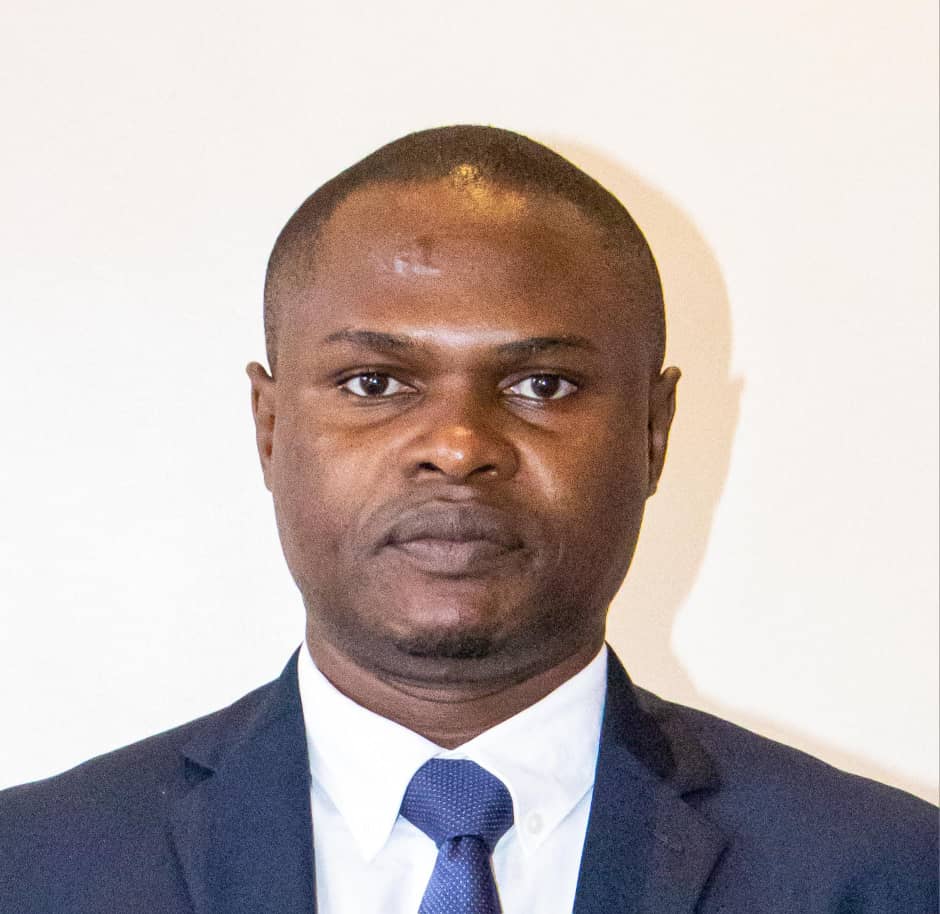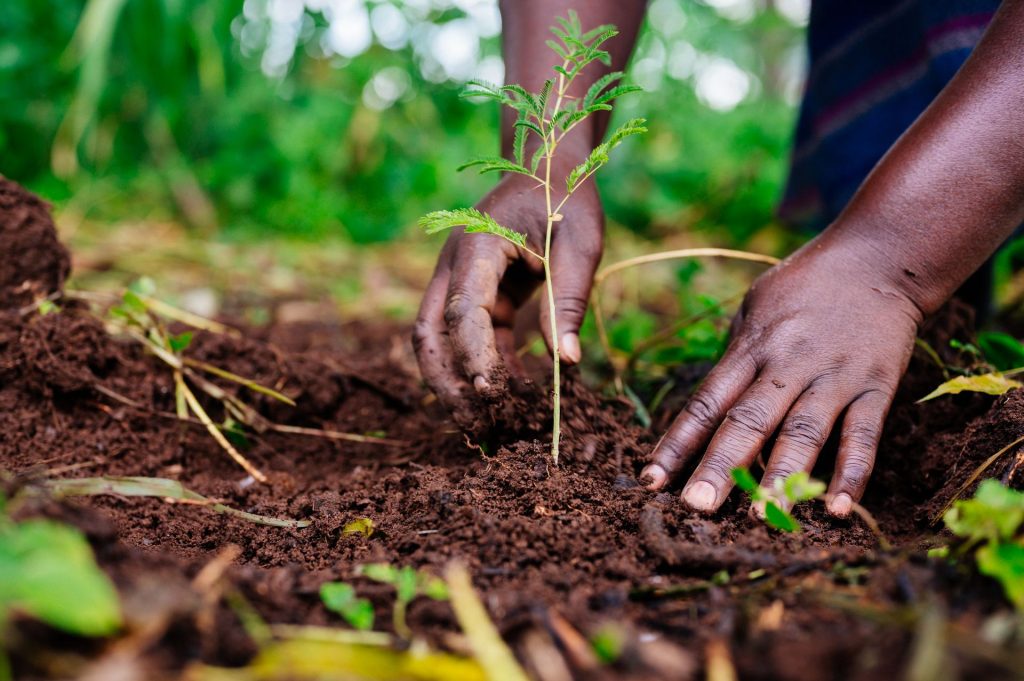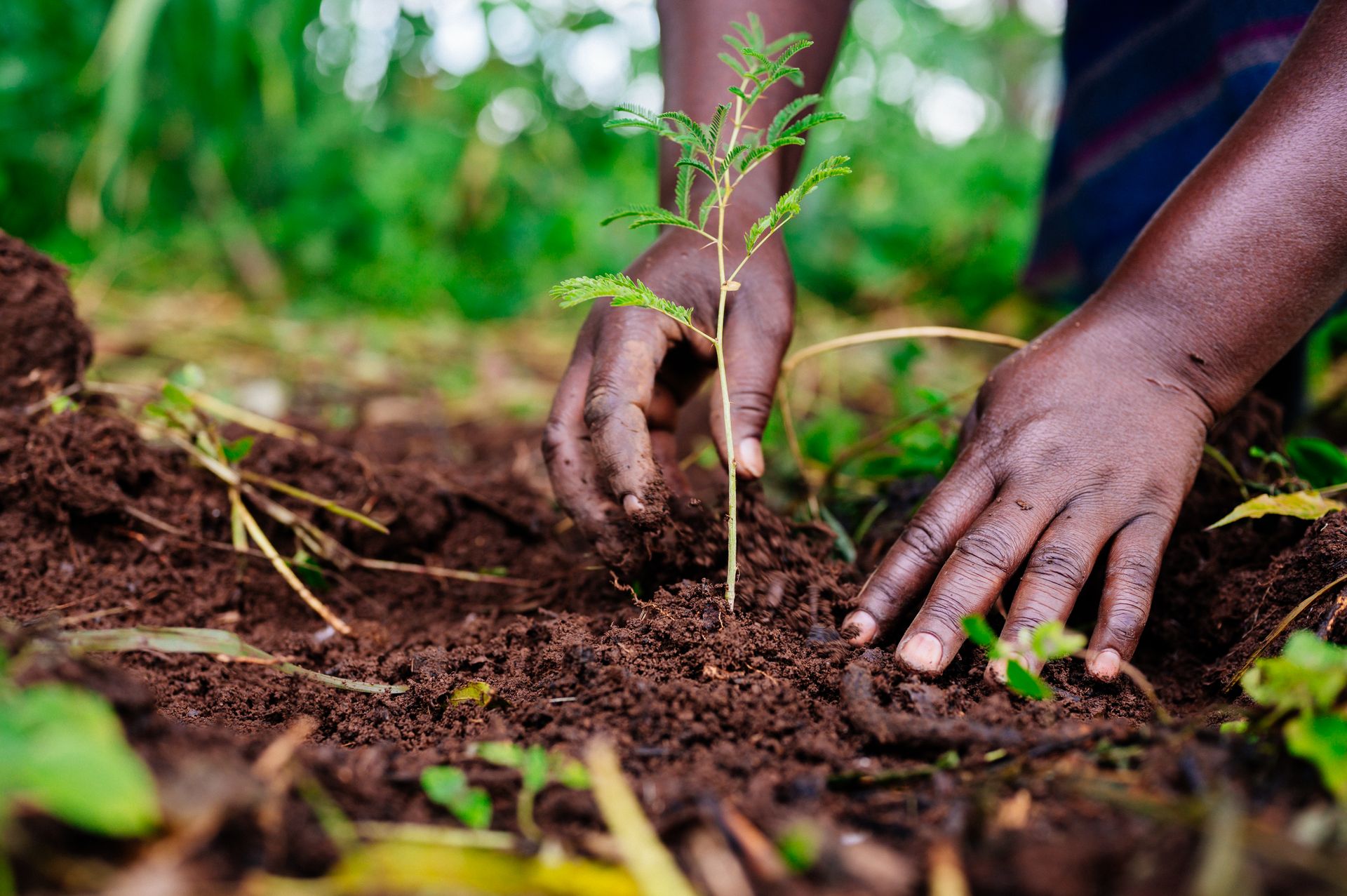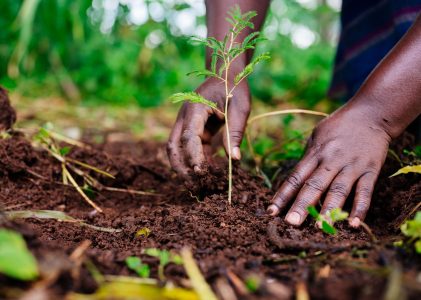
The language of climate change, the jargon and technical terms of it, often feel alien, abstract and distant to the common person. Expressions such as the need to “limit global warming to 1.5 degrees Celsius” leave us feeling confused and inadequate. The same goes for other terms such as “mitigation pathways, NDCs and Paris alignment.” For some, even the words “climate change” sounds like rocket science. If I were to ask a coffee farmer in my village in Masaka, Central Uganda, about global warming, they might not understand what I mean. But if I asked how the changing seasons and the extreme heat have affected their yields and farming practices, they could talk for days. Yet there are many in the world who still want us to believe that “climate change is a hoax.”
People with power and influence seem to believe that if they accumulate enough wealth, their children and future generations will somehow be shielded from the consequences of a dying planet. In a society that worships money and power, the common good is too often overlooked and climate change has become one of its greatest casualties.
In our social-media-driven world, where anyone can find “evidence” to support any belief, the truth has become harder to find. Young people today are growing up surrounded by conflicting messages and, too often, doing the right thing comes second to building wealth. But here’s the hard truth: no political leader, no church, no saviour is coming to fix this for us. This fight is ours. In the words of Robert Swan, “The greatest threat to our planet is the belief that someone else will save it.”
Expressions such as the need to “limit global warming to 1.5 degrees Celsius” leave us feeling confused and inadequate. The same goes for other terms such as “mitigation pathways, NDCs and Paris alignment.”
What is ideally a grassroot issue is now understood as a “distant and elite distraction.” How did we come so late to this realization? Perhaps more than those deliberating on climate change in the boardrooms, communities more than most understand the effects of the changing climate. Yet we continue talking to them with language and jargon they do not understand. Change will not only come from bold commitments on international stages. It will come from countless local, grassroots acts of courage and creativity. For those to flourish, the climate conversation must move out of jargon and into the language of daily life where, in truth, the fight for our future is already being lived.

The Atacama Consulting Foundation was set up as the social impact arm of Atacama Consulting (an Environmental and Social Consultancy firm in Uganda). When we started all our funding was local money from the business arm. We had the privilege of having lived close to the communities, understanding there was a difference between the climate language one uses in communities and the climate language one uses in boardrooms.
Working with communities and young people, we also learned that among the many reasons why many people don’t see climate change as “their fight” was the misinformation around it. Complex jargon creates space for denial, disinformation and delay. Clear, everyday language makes it harder to twist the truth. Making climate language accessible does not “dumb it down”, instead it translates big concepts into everyday reality. Hotter nights that make it hard to sleep, unpredictable rains that threaten the harvest, floods that destroy businesses, or the cost of electricity when the grid fails.
Making climate language accessible does not “dumb it down”, instead it translates big concepts into everyday reality.
As a funding and implementing organization, we have understood that once people see that climate is tied to food, health, jobs, safety and dignity, they are more likely to mobilize, and organize around it, instead of accepting vague talk about “green growth.” For sure these terms have technical value, but if you are a farmer deciding when to plant, a parent worried about food prices, or a young person facing floods every rainy season, this language feels distant and abstract.
Using funding from Atacama Consulting, we have been supporting smart young people across five universities in Uganda to build knowledge and awareness of climate change using language that communities relate to. People will fight for what they can name.
Given there is alternative international funding aimed at having us believe “climate change is a hoax”, international funders need to recognize their money on its own will never be sufficient to address climate problems. To grow the pool of existing funding, we must all put our money and efforts in the same pool with local funders.
If we want everyday people to feel that climate change is their fight too, we must give them words they can use – or use their words instead. Local organizations, especially locally funded organizations, have the language to turn abstract climate risks into relatable lived realities. But we sometimes feel the pressure to use the jargon of international climate funding because we also want to be visible to international funders.
Cliff Mukasa works with the Atacama Consulting Foundation.

